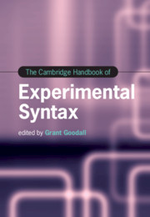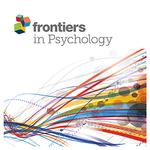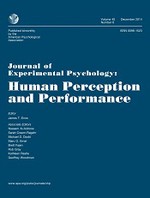Jesse Harris
Associate Professor of Linguistics
UCLA
Biography
I am an associate professor at UCLA in the Department of Linguistics, and advise the UCLA Language Processing Lab. My research investigates how language users develop a sufficiently rich linguistic meaning during online comprehension. Recent topics include the processing of ellipsis and the assignment of focus, as well as the role of other semantic, pragmatic, and prosodic defaults in sentence interpretation.
I am committed to using experimental methods in my research, including Internet-based questionnaires, corpora, and online methods such as self-paced reading and eye tracking. See this page for a description of the various methods and data collection tools used in the lab.
I am an organizer for the California Meeting on Psycholinguistics (CAMP), and hosted the inaugural meeting at UCLA in 2017. CAMP 2018 was held at the University of Southern California. CAMP 2019 was held at UC Santa Cruz. CAMP 2021 was held virtually at UC Irvine. In 2023, CAMP5 returned to UCLA.
As a person who stutters, I’m proud to serve on the Board of Directors of Myspeech, a non-profit dedicated to facilitating access to high-quality, client-centered speech therapy to people in underserved communities, as well as providing resources on disability rights for students who stutter and education for speech-language pathologists in training.
I am currently an associate editor at Language and a section editor of the semantics and pragmatics section of Language and Linguistics Compass.
Interests
- Psycholinguistics
- Experimental linguistics
- Formal semantics and pragmatics
- Ellipsis structures
- Focus and information structure
- Eye movements while reading
Education
PhD in Linguistics, 2012
UMass Amherst
MSc in Logic, 2007
University of Amsterdam
MA in Linguistics, 2003
University of Chicago
BA in Linguistics, 2003
University of Chicago



